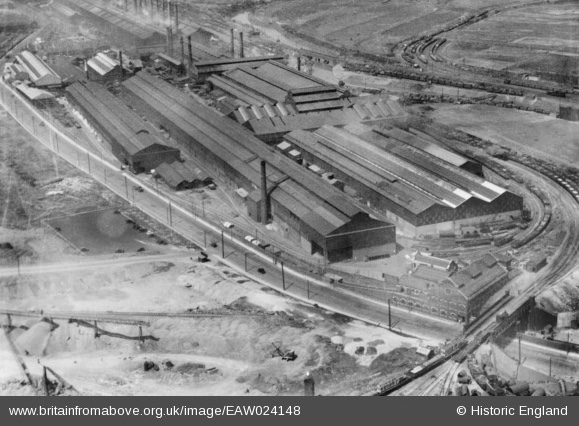Anthony (79) worked his way up from labourer to engineer – a lifetime in Rotherham’s steelworks. When the industry faded, all that remained was the memory of pride, camaraderie, and the lingering smell of metal on the skin.

Anthony began working at Steel, Peach and Tozer, the main steel works in Rotherham, in 1961 as a labourer and worked his way up to being a skilled engineer. He was made redundant in 1993 and then worked as a mechanic, freelance engineer, college teacher and taxi driver. He was diagnosed with emphysema in 2022, a direct result of his exposure to fumes daily at the steel works. He died of the disease 30 September 2024, a month after being interviewed.
Tony’s earliest memories of Rotherham was industry, the smell and the noise. He dreamed of going to the steelworks like many kids he was at school with. It was safer than mining and steelworkers were ‘heroes’. He grew up with stories of his father and uncle, both worked at the steelworks during the war, producing materials for the war effort, they were constant targets of bombing raids.
“We made raw materials and the big stuff. We made engines, propellors, we made every part for Leyland, we made the tools, the axles, the blocks, we made aircraft parts, supplying Jaguar. We used to be pottering down the old A1 in our little Vauxhall and see a big Jag or Rover cruise past us and I’d say, see that, that axle was made by us, those panels were us, that engine was one of ours. And they were all British then, we were so proud of every last bolt. We even made those minis that Michael Caine drove… we thought they couldn’t take it away from us but they did. We worked for Britain, not some Indian company that didn’t care [referencing Tata Steel who bought the remaining British Steel plants in 2006], but we worked for our country. We thought we were the centre of the universe – we were daft bastards really”.
He fondly remembered the social life in the public houses: “there was a smell, cigarettes and stale beer was probably there, but all I remember is the smell of metal. It was in our clothes and in our skins. You walked in and smelled it and you knew you were at home. You knew you were with brothers. Now they just smell of stale people, despair, there are no brothers anymore, no fraternity, its every man for himself.”
The decline of the town mapped to the decline of industry: “You’d go in days and you’d see a machine idle. That was old Pete’s or whoever, he retired last week. ‘Whose replacing him?’, ‘no-one’, ‘so who does that now’, no-one we’re not doing it’. Some days we just stood around waiting for a job, smoking and talking of the old days, I was fucking 40. I was thinking I’ll be ok, I can do every job with my eyes shut. But my lad, he started in 1980 or so, he got proper qualifications at the Poly [Rotherham College of Arts and Technology], what was he going to do? All the young lads, they expected to follow their dads, be a steelworker, have a house, have security for life, be part of that community, it slipped away from us, it all just slipped away”.
“We were all struggling, if I had a big job I’d get a mate in and slip him 10 or 20 for holding the plates while I welded them. Mickey, he was a lathe operator, he could be precise to 100th of a mil (millimetre), he’s holding a lump of metal for me for 20 quid. Mending a rotting old car. He went loopy, went out in the garden and smashed up everything. I’m an engineer, but when no-one wants an engineer what do you do?”